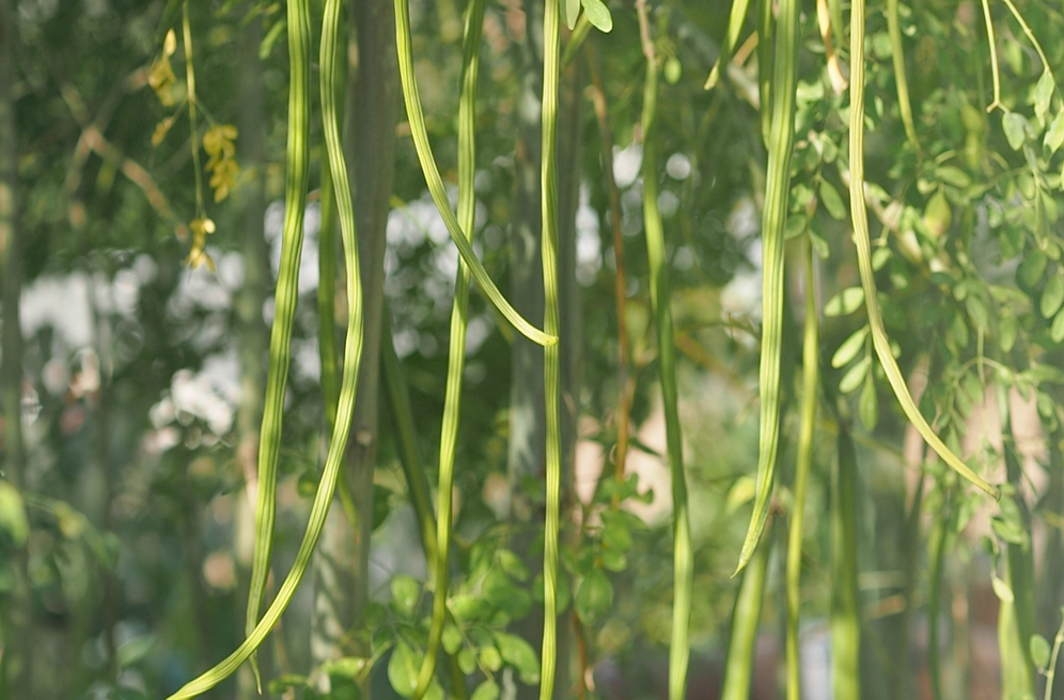Proteins from the Moringa oleifera plant – a tree native to India – can help effectively purify water in developing nations at a low cost, say scientists. The plant – commonly known as the drumstick tree – is cultivated for food and natural oils, and the seeds are already used for a type of rudimentary water purification. However, this traditional means of purification leaves behind high amounts of dissolved organic carbon (DOC) from the seeds, allowing bacteria to regrow after just 24 hours. This leaves only a short window in which the water is drinkable. Researchers from Carnegie Mellon University in the US used sand and plant materials to create a cheap and effective water filtration medium, termed “f-sand.”
According to the United Nations, 2.1 billion people lack access to safely managed drinking water services, the majority of whom live in developing nations. The Moringa oleifera plant tree is native to India and grows well in tropical and subtropical climates.
Proteins from the Moringa oleifera plant – a tree native to India – can help effectively purify water in developing nations at a low cost, say scientists. The plant – commonly known as the drumstick tree – is cultivated for food and natural oils, and the seeds are already used for a type of rudimentary water purification. However, this traditional means of purification leaves behind high amounts of dissolved organic carbon (DOC) from the seeds, allowing bacteria to regrow after just 24 hours. This leaves only a short window in which the water is drinkable. Researchers from Carnegie Mellon University in the US used sand and plant materials to create a cheap and effective water filtration medium, termed “f-sand.”
According to the United Nations, 2.1 billion people lack access to safely managed drinking water services, the majority of whom live in developing nations. The Moringa oleifera plant tree is native to India and grows well in tropical and subtropical climates.













387.jpeg)
331.jpeg)


185.jpeg)
445.jpeg)





